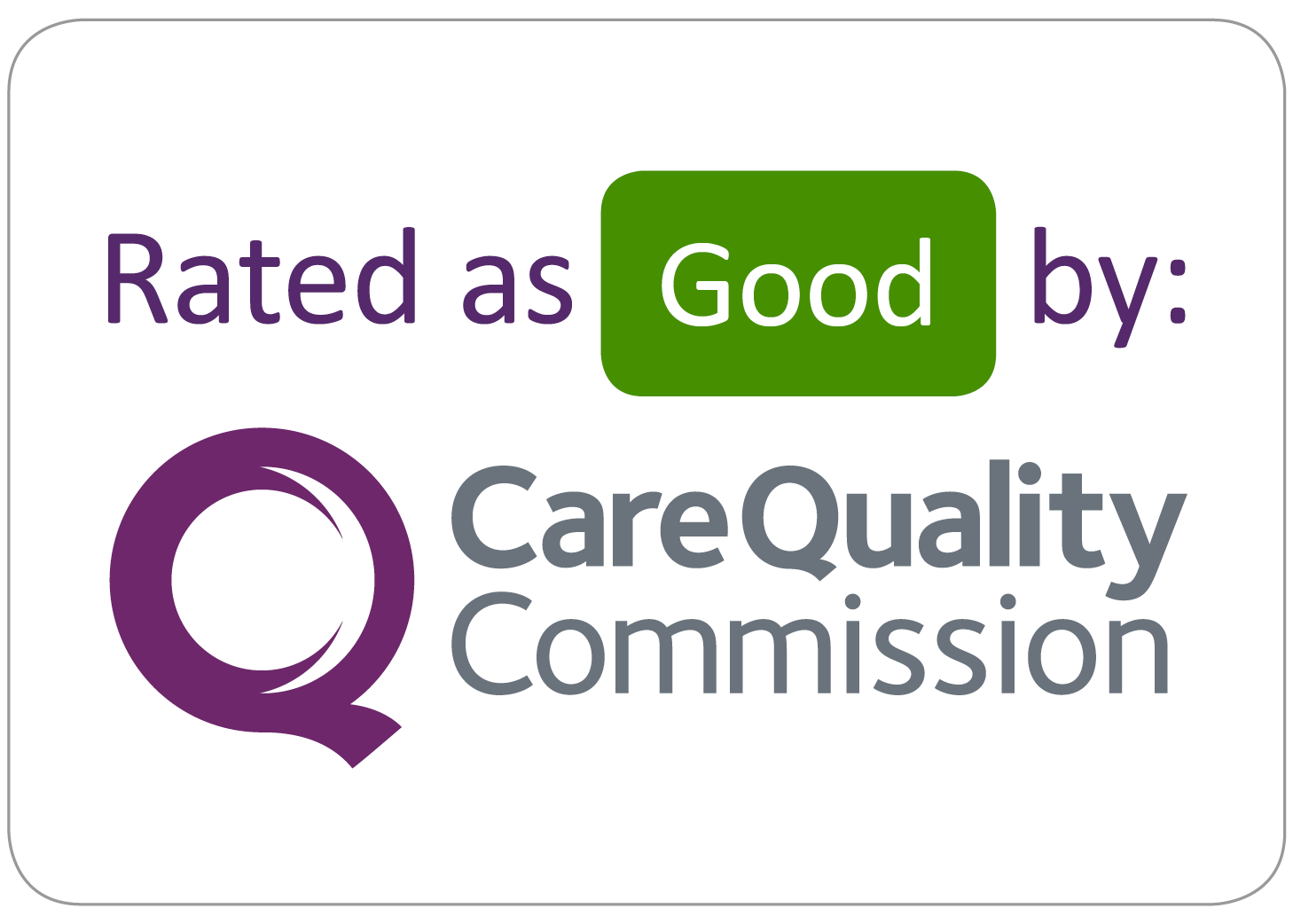During the ERCP
The procedure is usually carried out under conscious sedation. This is not a general anaesthetic therefore you will not be asleep, the sedative will help to relax you but you will still be able to feel sensations, hear what we say to you and be able to follow simple instructions during the test. You may not remember anything because of the medication but this cannot be guaranteed.
You will be able to breathe normally throughout.
During the procedure we will check your breathing and pulse rate and you will be given oxygen throughout the test. The sedation can stay in your system for up to 24 hours so you are not allowed to drive, drink alcohol, operate machinery, sign legal documents or look after small children.
You need a responsible adult to take you home and stay with you for the next 24 hours.
Indomethacin suppositories in ERCP
We know that ERCP is associated with risk of pancreatitis in about 3-5% of patients.
There is now evidence to suggest that using a single dose of this anti-inflammatory drug can reduce the risk. It is given as a suppository (into the back passage) just before the procedure. As with any anti-inflammatory drug the potential side effects of this drug are on the gut or kidneys. It can cause ulcers in the gut or can affect the kidneys.
However evidence suggests that benefits of using a single dose of this medication outweigh the potential risk and therefore recommended. It will not be used if you are known to have allergies with anti-inflammatory drugs or actively bleeding.

















